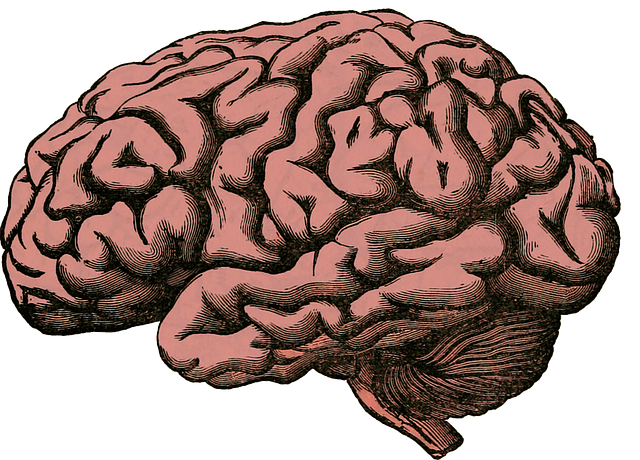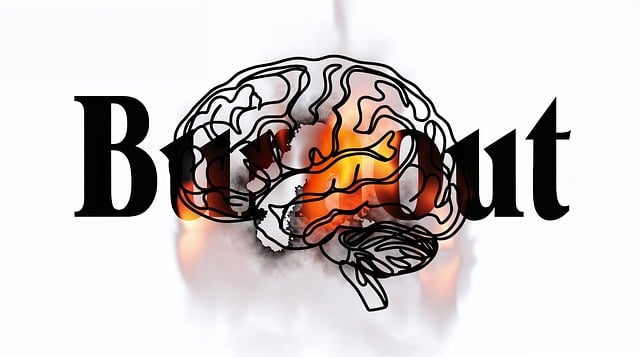Littleton Family Counseling Therapy leverages evidence-based self-assessment tools to enhance mental wellness. Using standardized questionnaires (e.g., BDI, PSS) and personal reflection exercises, they help individuals identify emotional, psychological, and behavioral states. Integrated approaches like CBT, mindfulness, and problem-solving skills training ensure reliable assessments. Culturally sensitive practices tailor interventions to diverse backgrounds while promoting dignity and identity. Continuous evaluation through data and client feedback optimizes programs for effective mental health management.
“Unleash your path to mental wellness with a deep dive into the development of self-assessment tools at Littleton Family Counseling Therapy. This comprehensive guide explores the foundational concepts, from understanding emotional health to identifying key areas of focus, leveraging evidence-based practices, and adapting assessments for diverse populations.
Discover culturally sensitive approaches that ensure every individual receives tailored care. Learn how these tools measure impact and enhance client outcomes, offering a testament to Littleton Family Counseling’s commitment to revolutionizing mental wellness assessment.”
- Understanding Mental Wellness Self-Assessment: A Foundation for Personal Growth at Littleton Family Counseling Therapy
- Identifying Key Areas of Focus: Tools to Evaluate Emotional Health and Well-being
- Incorporating Evidence-Based Practices: Developing Effective Assessment Techniques
- Tailoring Assessments for Diverse Populations: Culturally Sensitive Approaches at Littleton Family Counseling
- Implementing and Evaluating Self-Assessment Tools: Measuring Impact and Enhancing Client Outcomes
Understanding Mental Wellness Self-Assessment: A Foundation for Personal Growth at Littleton Family Counseling Therapy

At Littleton Family Counseling Therapy, we understand that mental wellness self-assessment tools are foundational to personal growth and well-being. These assessments provide individuals with a clear picture of their emotional, psychological, and behavioral states, empowering them to make informed decisions about their mental health journey. By utilizing evidence-based practices and innovative techniques, our therapists design tailored programs that address specific concerns, such as depression prevention and confidence boosting, catering to the unique needs of each client.
Through these self-assessment tools, individuals can gain valuable insights into their strengths and areas for improvement, fostering a deeper understanding of themselves. This process is crucial in navigating life’s challenges and promoting resilience. By equipping ourselves with knowledge about our mental health, we can proactively manage stress, improve relationships, and enhance overall quality of life—all essential components of our mission at Littleton Family Counseling Therapy.
Identifying Key Areas of Focus: Tools to Evaluate Emotional Health and Well-being

Identifying Key Areas of Focus is a critical step in developing effective mental wellness self-assessment tools. At Littleton Family Counseling Therapy, we understand that emotional health and well-being are multifaceted, just like each individual. Therefore, our tools are designed to evaluate various dimensions such as stress management, coping mechanisms, social support networks, and signs of anxiety or depression. By assessing these areas, individuals can gain valuable insights into their mental wellness and pinpoint areas needing improvement.
This process involves incorporating both standardized questionnaires and personal reflection exercises. Standardized tools like the Beck Depression Inventory (BDI) or the Perceived Stress Scale (PSS) provide a structured framework for measuring depression prevention and stress levels. Simultaneously, open-ended questions encourage self-reflection on resilience building and how community outreach program implementation can foster emotional growth.
Incorporating Evidence-Based Practices: Developing Effective Assessment Techniques

Incorporating evidence-based practices is a cornerstone in developing effective self-assessment tools for mental wellness. At Littleton Family Counseling Therapy, we leverage research-backed methodologies to ensure our assessment techniques are reliable and valid, enhancing their clinical utility. This involves integrating strategies like cognitive behavioral therapy (CBT), mindfulness practices, and problem-solving skills training, which have been extensively studied and proven effective in managing various mental health conditions, including stress and mood disorders.
By embracing these evidence-based practices, our self-assessment tools become powerful resources for individuals to gain insights into their mental wellness. Moreover, they equip users with practical strategies for risk management planning, fostering better coping mechanisms and resilience. Effective assessment techniques that prioritize stress management and mood management not only promote personal growth but also serve as a foundation for tailored interventions, ultimately contributing to improved outcomes in mental health care.
Tailoring Assessments for Diverse Populations: Culturally Sensitive Approaches at Littleton Family Counseling

At Littleton Family Counseling Therapy, we recognize that mental wellness assessments must be tailored to meet the unique needs of diverse populations. This involves adopting culturally sensitive approaches that consider the diverse backgrounds, beliefs, and experiences of our clients. By incorporating empathy building strategies, we create a safe and inclusive environment where individuals feel comfortable expressing their emotions and sharing their stories.
Our counselors are trained in effective mood management techniques and anxiety relief strategies, ensuring that assessments are comprehensive yet respectful. We believe that understanding cultural nuances is key to providing accurate diagnoses and developing personalized treatment plans. Through this nuanced approach, Littleton Family Counseling Therapy strives to offer evidence-based support while respecting the dignity and identity of every client we serve.
Implementing and Evaluating Self-Assessment Tools: Measuring Impact and Enhancing Client Outcomes

Implementing self-assessment tools for mental wellness is a strategic step toward empowering individuals to take charge of their emotional well-being. These tools, designed to gauge psychological states and identify areas of need, play a pivotal role in guiding effective therapy sessions at Littleton Family Counseling Therapy. By utilizing such assessments, counselors can gain valuable insights into clients’ minds, enabling them to tailor interventions accordingly. This personalized approach enhances the overall therapeutic experience, ensuring that each session addresses specific goals and challenges unique to each individual.
Evaluating the impact of these self-assessment tools is an ongoing process that requires careful consideration. Measuring changes in client outcomes, such as reduced stress levels or improved coping mechanisms, provides quantitative data on the effectiveness of the programs. Additionally, qualitative feedback from clients can offer profound insights into their experiences. This comprehensive evaluation allows for continuous improvement in both the design and implementation of mental wellness coaching programs, ultimately fostering a more supportive and beneficial environment for those seeking emotional well-being promotion techniques through Stress Management Workshops Organization initiatives.
Mental wellness self-assessment tools, as demonstrated by Littleton Family Counseling Therapy’s innovative practices, are essential for personal growth and culturally sensitive care. By identifying key emotional health areas, incorporating evidence-based practices, and tailoring assessments to diverse populations, these tools empower individuals to take control of their mental well-being. Effective implementation and evaluation ensure that self-assessment becomes a powerful catalyst for enhancing client outcomes.














